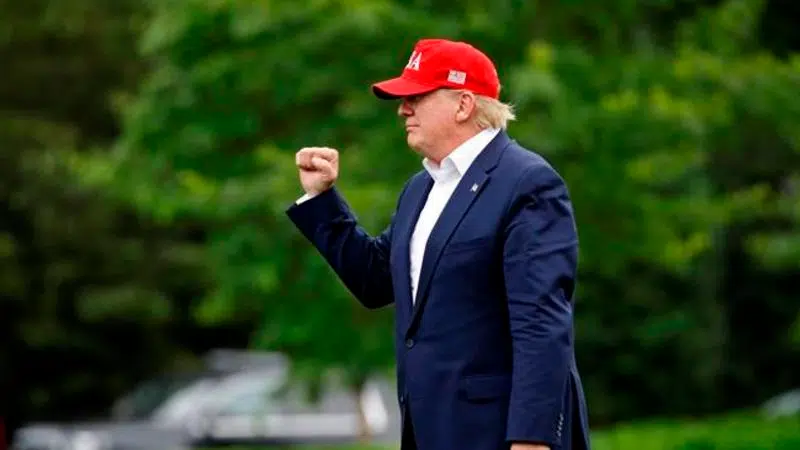
US-Mexico deal offers few new solutions, political victory
WASHINGTON — President Donald Trump’s deal to avert his threatened tariffs on Mexico includes few new solutions to swiftly stem the surge of Central American migrants flowing over America’s southern border.
But it delivers enough for Trump to claim a political win.
The decision — announced by tweet late Friday — ended a showdown that business leaders warned would have disastrous economic consequences for both the U.S. and one of its largest trading partners, driving up consumer prices and driving a wedge between the two allies. And it represented a win for members of Trump’s own party who had flooded the White House with pleading calls as well as aides who had been eager to convince the president to back down.



